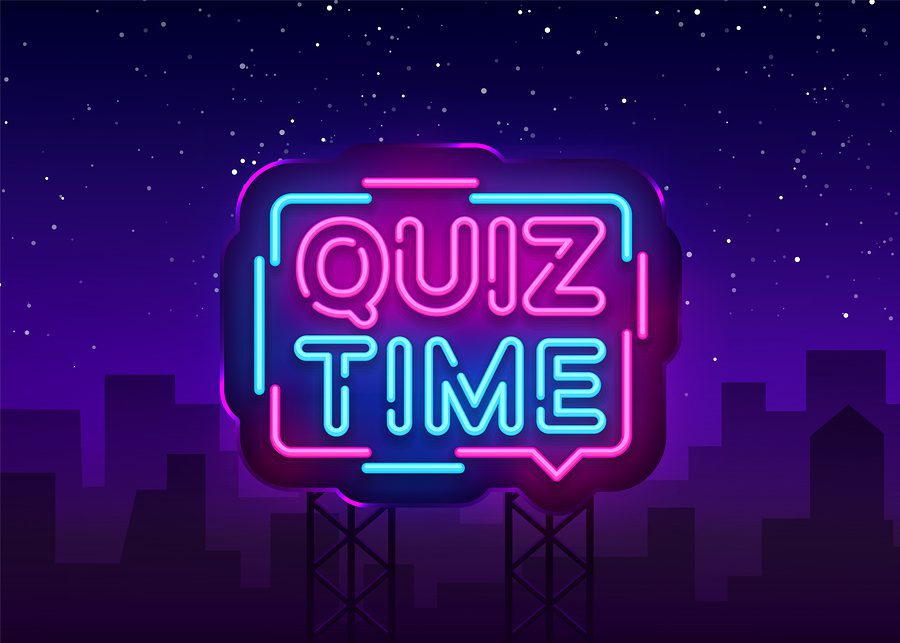
For years now, online quizzes have been all the rage. You see them in your Facebook news feed and posted on Twitter. Companies like Buzzfeed have built entire businesses off the backs of interesting quizzes.
In this article, we’ll take a closer look at why quizzes are so beneficial and how to effectively craft them for your company. Pop quiz: are you ready?
What’s the Deal With Quizzes?
Maybe you’re thinking, “Quizzes? Really? How are those goofy ‘What’s my spirit animal?’ tests going to help me grow my business?” We’re glad you asked.
Quizzes are popular because they’re fun, tell us things about ourselves (in theory), and prompt us to share with others — “Yes, if I were a superhero I’d be Captain America! He’s the best, I must share these results with everyone I know!”
You can use this trend to your company’s advantage. By crafting a quiz that relates to your audience and the products and/or services you sell, you’ll be able to generate a lot of buzz. And by requiring an email address for participants to see their results, you’ll grow your email list.
Create the Perfect Quiz
Now that you know why quizzes can be so beneficial, let’s talk about how to create them. The six-step process outlined below will allow you to craft lead-generating quizzes quickly.
1. Build the Foundation
Before you start to brainstorm questions, first you have to iron out a few foundational details: who the quiz’s audience is and the kind of quiz they’ll want to take. Let’s take a closer look at each of these.
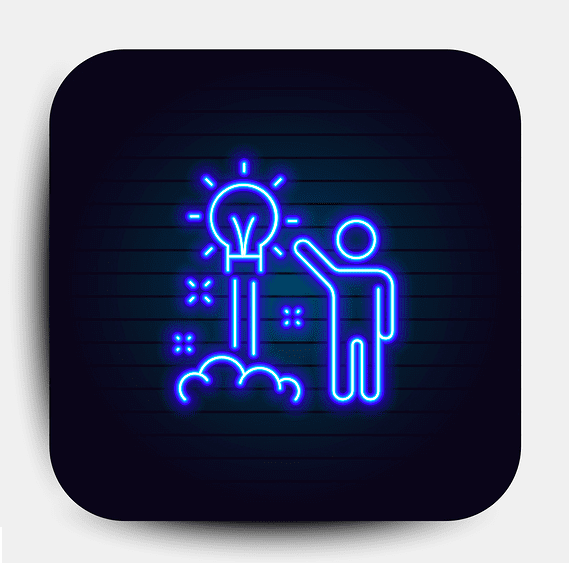
Quiz Audience
You can’t create an effective quiz if you don’t understand the audience you’re creating it for. When you know who you’re trying to reach, you can choose the right topic (do they want a quiz about TV shows or business principles?), craft questions that resonate, and choose results that quizzers will want to share (more on shareability in the next section.)
If you already know who your audience is and have created buyer personas for your company, you’re off to a head start and can move on to Quiz Types. If not, you need to do some research and learn more about your target market first.
You’ll want to discover both demographic details like the gender, age, income level, and job position of your audience as well as psychographic details like their hopes, fears, and daily challenges.
Quiz Types
There are two main types of quizzes you’ll want to focus on: personality and knowledge quizzes.
- Personality Quizzes: These quizzes, unsurprisingly, tell participants about themselves. Since we all love to hear about how great we are (you know it’s true!) these quiz types can be very effective.
Here are a few personality quiz titles: “Which Disney Princess Are You?” “What’s Your Business Superpower?” “Which Country Should You Live In?” and “Are You Good With Money?”
- Knowledge Quizzes: A knowledge quiz tests the participant on what they know about a certain subject. They’re asked a series of questions and given a score at the end based on how many they answered correctly.
A few possible knowledge quiz titles could be, “How Much do You Actually Know About Game of Thrones?” “Can You Pass This Simple Tax Law Quiz?” and “Think You Know About the Jonas Brothers?”
2. Create Your Quiz Results
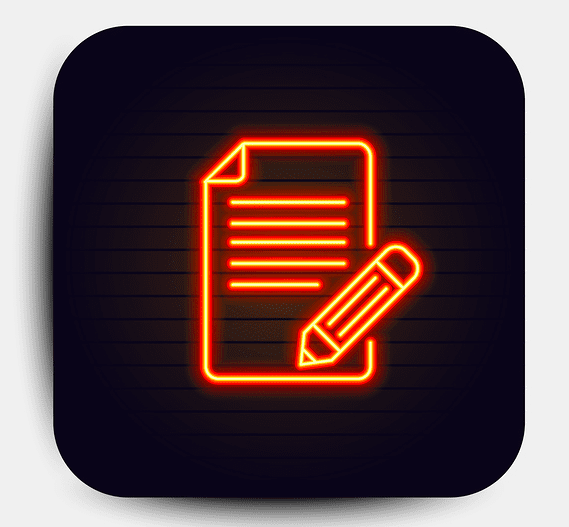
Now that the foundation for your quiz is in place, you can move on to the next step: creating your quiz results. That’s right, we recommend nailing your results before crafting your quiz questions. Why? It’s simple really, one of the perks of taking online quizzes is sharing the results afterward.
This is GREAT for you and your business. When people share their results, more eyeballs see your quiz, which means more people take your quiz, which means more leads end up on your company’s email list. Win!
But this entire ninja strategy only works if people want to share their results in the first place. And people generally only share results that are fun and make them look good — i.e. “if you were a superhero you’d be Captain America.”
So make sure that your quiz results are complimentary of the quizzer. We aren’t suggesting that you lie or neglect to tell participants the true results of their quiz. But we are saying, whenever possible, craft quiz results that are fun and can be viewed positively.
For example, let’s say that you wanted to create a quiz that identifies the participant’s leadership style. For the results, you plan to compare quizzers to different historical figures. It’s probably not a good idea to make former president George W. Bush one of your results. Regardless of what you personally think about his presidency, he is a proven controversial figure. You’d likely be better off including results that won’t disappoint half your quizzers.
3. Make Your Quiz Questions Interesting
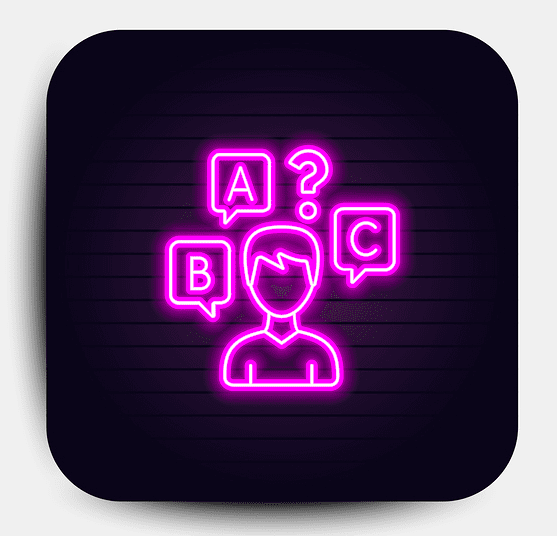
You’ve done a lot of good work up until this point. You know the type of quiz you want to create and the audience you’re creating it for. You’ve also come up with a few quiz results that people will love to share. Now it’s time to craft your quiz questions.
Here are a few tips for you to keep in mind when brainstorming quiz questions:
- Make sure your questions are relevant to your results: This is obvious but, in the interest of being thorough, we’re mentioning it anyway. Your questions HAVE to relate to your answers or nothing will make sense and everyone will hate your quiz.
- Give your questions a bit of personality: Is your company brand fun and quirky? Let your quiz questions reflect this side of your organization. Have fun with it and craft your quiz like a human, not a corporation. Here’s a good example from Birchbox, which encourages quizzers to find out what their face mask soulmate is.
- If possible, use images: All text questions aren’t necessarily a bad thing. But if you can spice things up with a few images, your quiz will likely perform better.
- Keep it short and sweet: Your audience won’t stick around if they have to answer a ton of different questions to get their results. We recommend crafting seven questions, though any number between six and ten is acceptable. We also suggest letting people know how many questions there are ahead of time, either by incorporating it into your quiz title or in a short intro paragraph.
4. Name Your Quiz
Your quiz is almost done! All that’s left to do is give it a catchy name that will “get the click.” According to Neil Patel, there are three quiz title types that consistently do well:
- The “Actually” Title: As ridiculous as it may sound, simply using the word “actually” in your title can boost quiz clicks. For example, “How Much Do You Actually Know About Starting a Business.” The title sounds like a challenge and people will want to prove that they do, in fact, know what they think they know.
- The “Which (Blank) Are You” Title: Like we mentioned earlier, as human beings, we love hearing and learning about ourselves. So given the chance to know which Harry Potter character we’re most like or the kind of entrepreneur we are is just too intriguing to pass up.
- The “Celebrity Personality” Title: And finally, we have the celebrity comparison quiz title which is very similar to the “Blank” title we just mentioned but focuses on celebrities. As a culture, we’re fascinated by famous people so a quiz that takes this into account will likely perform very well.
We should note that fame is relative. While many people might not realize who Pokimane, Sodapoppin, and Ninja are, they’re absolute superstars to those in the gaming world. A celebrity personality quiz revolving around these folks could do well if it’s aimed at the right audience.
5. Choose the Right Quiz Software
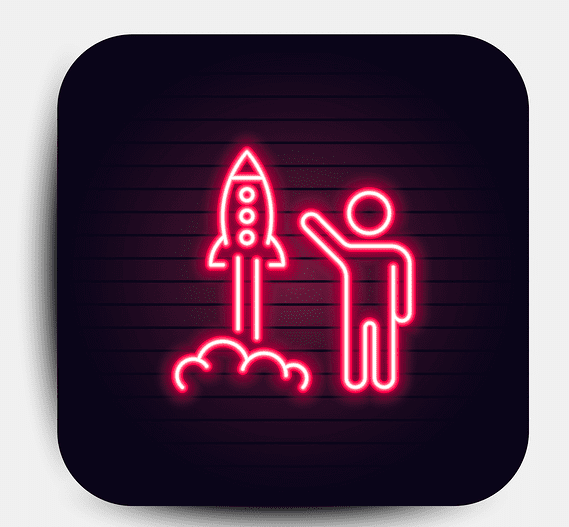
Once your quiz is created, you could get ahold of your company’s IT department and ask them to custom build your quiz with all the fun bells and whistles. Or, you could make it easier on everyone and use a dedicated quiz software instead.
There are plenty of quiz software options on the market. The two we outline below both offer an intuitive interface, have all the quiz features you need, and won’t break the bank. Let’s take a look at each of them.
Interact
Interact is a popular quiz software that makes it easy to generate email subscribers for your business. The solution comes with over 200 pre-made and customizable quiz templates to get you started and integrates with just about any other tool you’d want to use. It’s also affordable. Interact offers a free forever plan that will allow you to get your feet wet with quizzes. When you decide you want more features, monthly plans start at just $29 a month.
LeadQuizzes
LeadQuizzes is another popular quiz software that’s easy to use and feature packed. The software’s interface is intuitive and comes with a detailed reporting section that will help you learn about your audience. It’s also used by big-time marketers/business owners like Neil Patel and Lewis Howes. As for price, LeadQuizzes offers a free 14 day trial. After that, prices start at $29 a month, just like Interact.
6. Distribute Your Quiz to the Masses
The final step is distributing your quiz to your audience. There are a gaggle of ways to do this such as posting it on your company’s blog/website, sharing it on social media, and sending it to your email list.
We recommend that you use the channels at your disposal to get eyeballs on your quiz. The more people who see it the better. You may also want to consider running social media ads and Adwords campaigns, though we suggest holding off on these strategies until your quiz has gained some traction and proven to be a fan favorite amongst your audience.
Grow Your Email List With Quizzes
Quizzes may be the secret sauce to business success for your company. The right quiz will allow you to quickly build your email list and put you in contact with thousands of potential customers.
Fortunately, crafting a quality quiz, the kind that audience love and share with their friends, isn’t terribly difficult. Just follow the six steps we outlined in this article and you’ll be well on your way to generating more subscribers.
Not sure what to do with all those subscribers once you get them? Robly can help! Our intuitive software has all the features you need to engage your new leads and turn them into red hot buyers. Start your free 14-day trial today and see for yourself the business-building power of Robly.
Jacob Thomas is a freelance copywriter and content marketer based in Nashville, TN. His professional writing approach has helped numerous businesses gain more traffic, leads, and sales. To contact Jacob, visit www.jtcopywriting.com.

